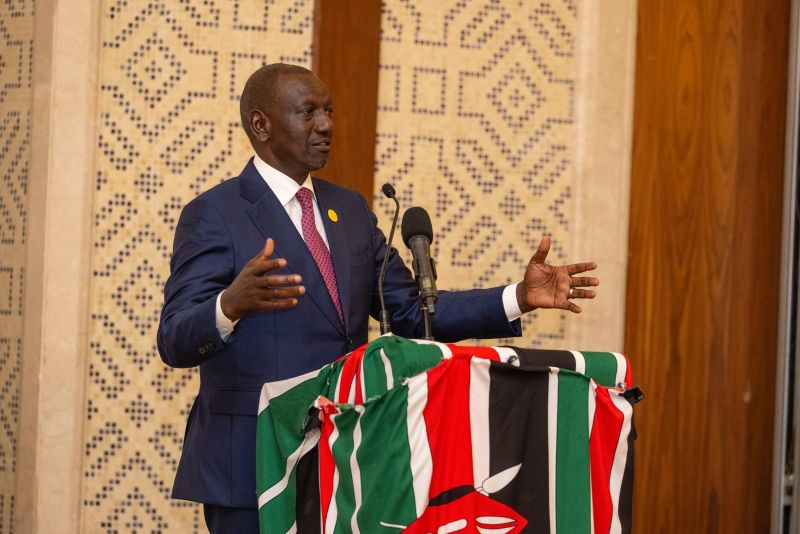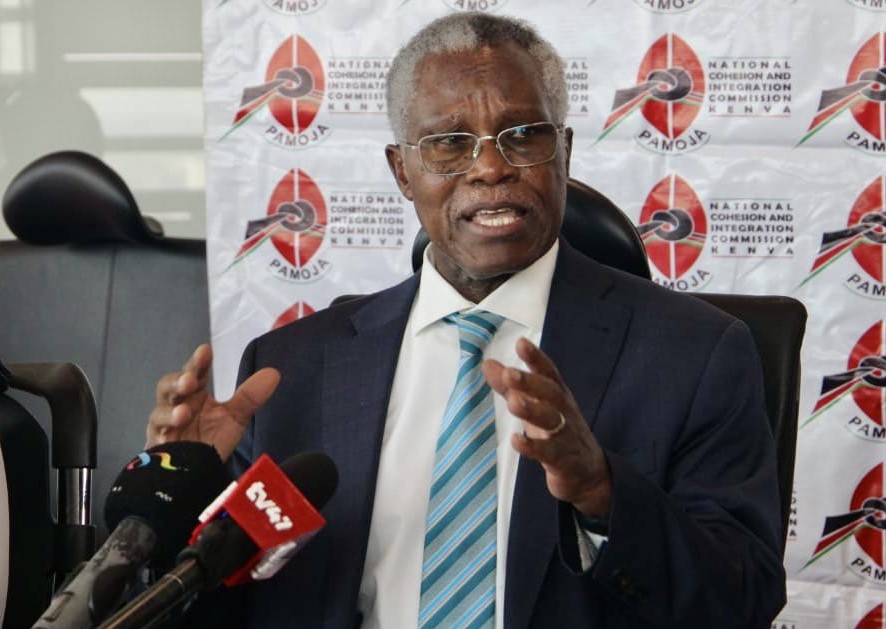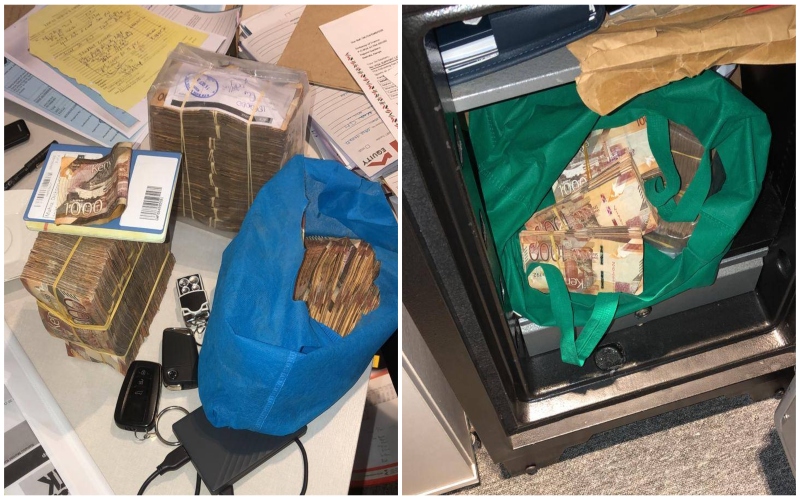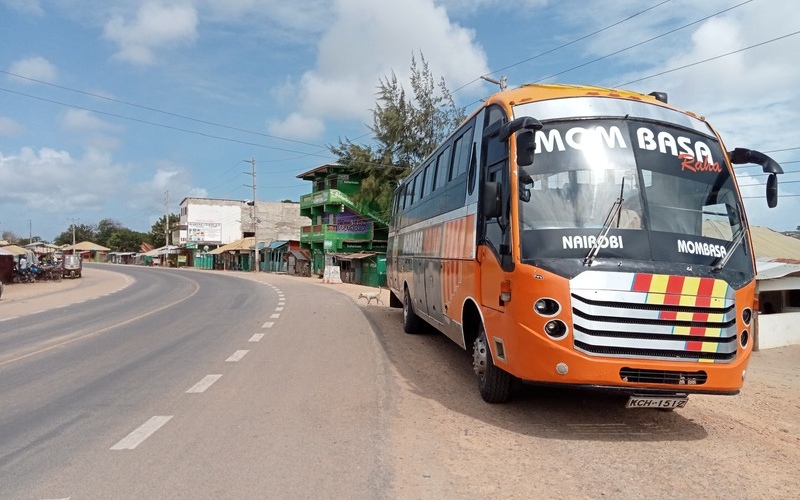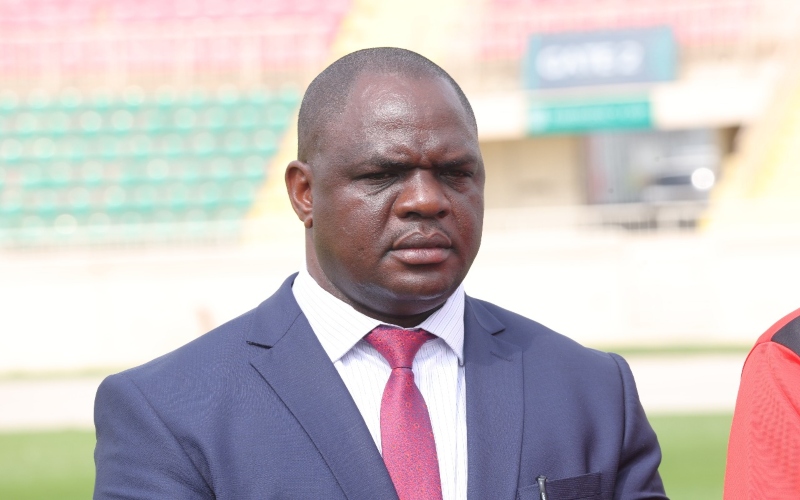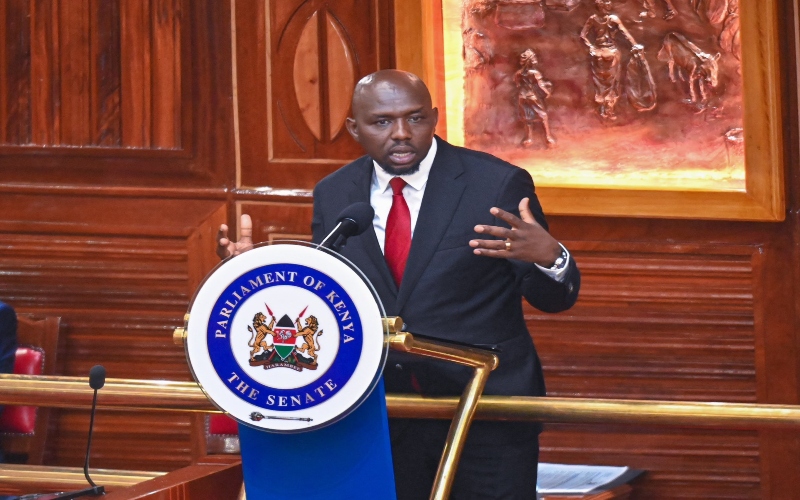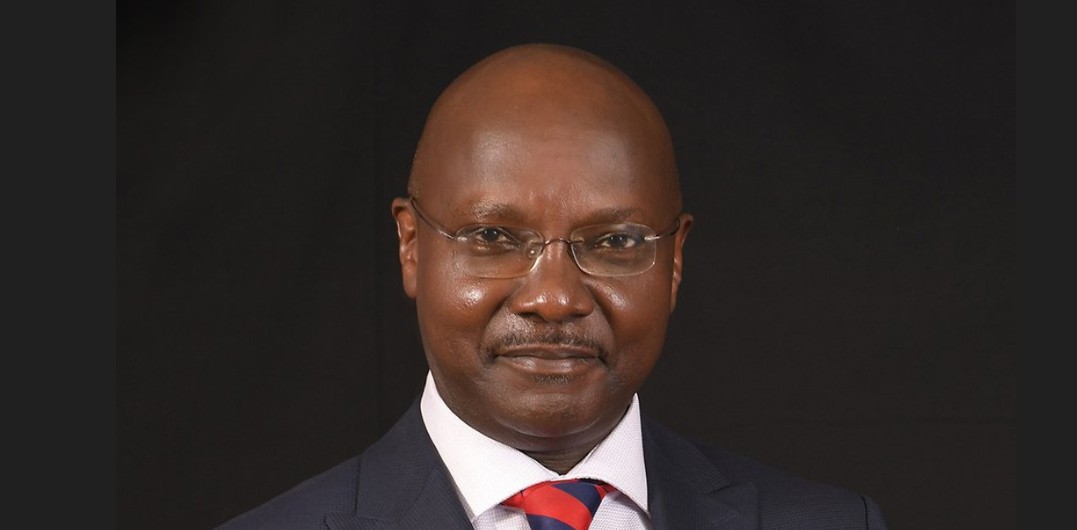Senators order crackdown on absenteeism in public hospitals

Senators said the practice amounts to a serious breach of public trust and has contributed to the worsening state of healthcare in the country.
Senators have raised concerns over increasing cases of health workers employed by county governments abandoning public hospitals to run private clinics, warning that the practice is hurting service delivery and putting lives at risk.
The Senate Health Committee has initiated investigations into the issue and is demanding firm disciplinary action against medical personnel who prioritise private businesses during official working hours.
More To Read
- Health Ministry rolls out new oxygen equipment to hospitals
- Jaramogi Oginga Odinga Referral Hospital performs first lung removal surgery
- KMPDC reminds practitioners and health facilities to renew 2026 licences
- Schools told to set up lactation rooms as PS Muthoni pushes for maternal support
- Health Ministry tops list of NHIF debtors with Sh7.8 billion owed- RUPHA
- SHA board names 23 assistant directors following competitive recruitment process
Senators said the practice amounts to a serious breach of public trust and has contributed to the worsening state of healthcare in the country.
“The state of healthcare service delivery in counties is deteriorating due to public medical practitioners concurrently engaging in private practice,” said nominated Senator Tabitha Mutinda.
To address the matter, the committee has summoned key regulatory agencies in the health sector to provide comprehensive data on the number of licensed medical officers, pharmacists and clinical officers in the country.
They are also seeking a breakdown showing which ones are employed by counties.
The information will come from the Kenya Medical Practitioners and Dentists Council (KMPDC), the Clinical Officers Council (COC), and the Pharmacy and Poisons Board (PPB).
Senators also want a full list of private clinics, hospitals, and pharmacies run by practitioners who draw salaries from county governments.
Further, the committee has asked regulators to provide details on any action taken against medics who have violated professional ethics or found themselves in conflict of interest by engaging in unauthorised private practice.
They want to know what rules have been put in place to stop public health workers from abandoning patients in government hospitals during working hours.
The demand follows findings of a Senate report that revealed poor conditions in public health facilities, including empty pharmacies, outdated drugs, severe staff shortages, incomplete projects, and broken equipment.
In some hospitals, even basic items such as curtains for patient privacy were missing, especially in maternity wards.
The report also noted that many facilities are grappling with poor water and power supply, exposing patients to further health risks.
During a recent inspection, the Senate Health Committee visited several hospitals and uncovered major operational challenges across counties.
“The committee noted that most facilities lacked adequate staffing in critical departments, with high workloads compounding the crisis,” reads the report.
Hospitals inspected included Longisa County Referral Hospital in Bomet, Ekerenyo Subcounty Hospital and Nyamira County Referral Hospital in Nyamira, and Kisii Teaching and Referral Hospital.
Others were Kenyenya Subcounty Hospital in Kisii, Vihiga County Referral Hospital, Ahero Subcounty Hospital, and Jaramogi Oginga Odinga Teaching and Referral Hospital in Kisumu.
At Longisa Hospital, the committee found a severely overstretched maternity ward. “During the visit, 46 patients were admitted against a bed capacity of 39, highlighting the urgent need for additional beds and personnel,” the report stated.
Hospital management told the committee the ward was initially designed for only 16 patients but now serves up to 120.
Staffing is also strained, with only 12 nurses, two gynaecologists, four medical officers, two interns, and 10 clinical officers assigned to the unit. Only two doctors and three nurses are available per shift.
Senators say urgent reforms are needed to ensure that county-employed medics are held accountable and that public health institutions are adequately staffed, equipped, and managed.
Top Stories Today

